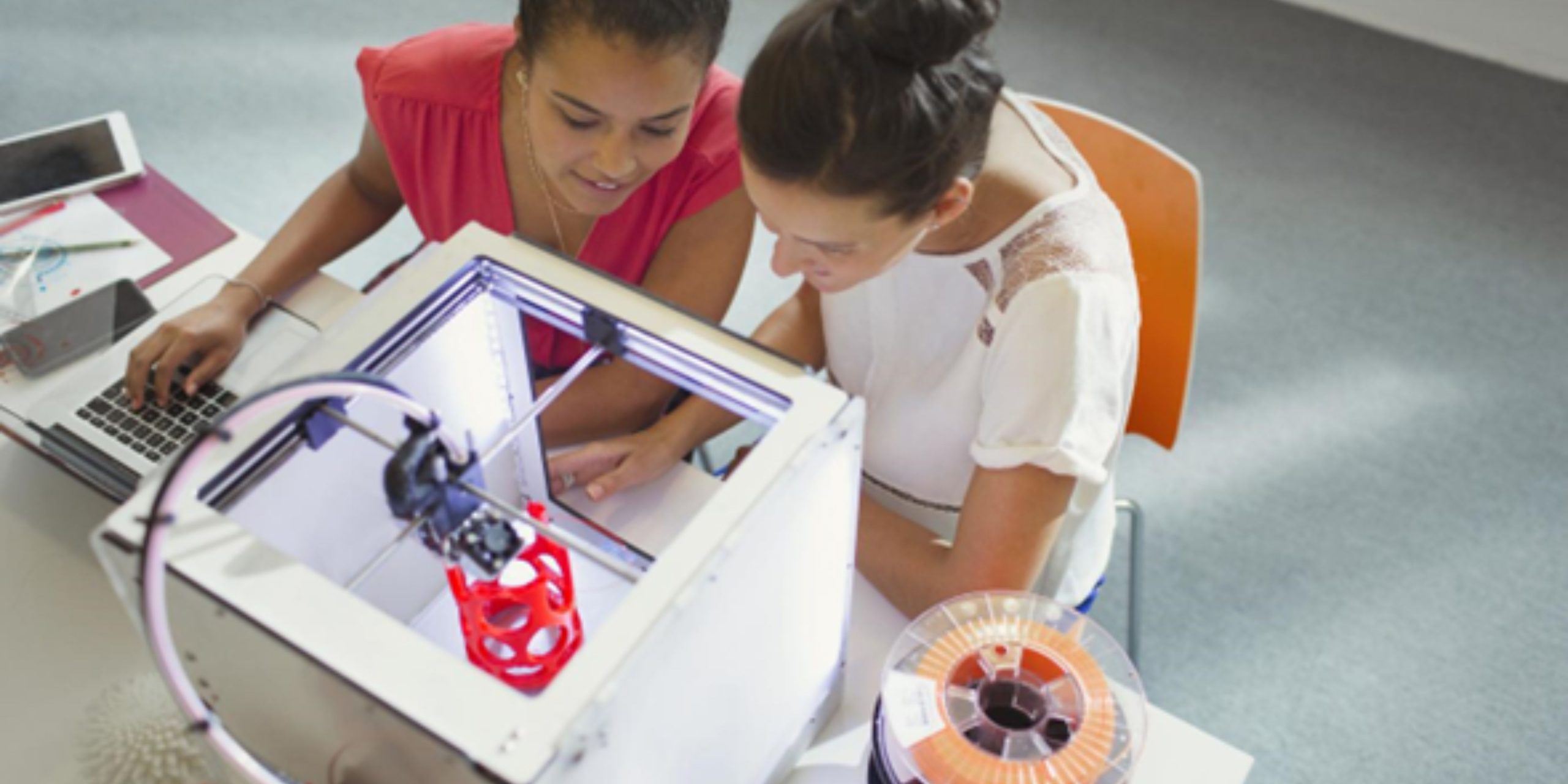Six teams have been selected for the Digital Education Accelerator, the intensive training and testing programme of the European Digital Education Hub.
The Digital Education Accelerator is an intensive training and testing programme divided into two stages: team training and solution testing.
The first stage entails an online programme with weekly coaching sessions.
It aims to boost creativity, foster innovation, and encourage cutting-edge educational projects to thrive. Participants receive support from programme coaches and mentoring from international experts in pedagogy and business.
During the second stage, prototypes are tested and validated in a unique environment tailored to the requirements of each team.
Teams can choose between testing in an innovation lab or in a real-life setting. In both cases, real testers will engage with the prototypes directly through hands-on activities.
Team, peer and entrepreneurial learning are key elements of the coaching during both stages, as well as “Craftorship”, i.e. the willingness to explore to implement new ideas and reach high levels of competence.
Meet the teams
Datorium, Latvia is helping young people to learn easily to programme as well as motivate and prepare them to realise their ideas in a global digital environment. Lessons are devised to engage teens in particular by adapting language and offering hands-on informal training.
d.teach, Belgium is an international not-for-profit online school that is committed to internationalisation and re-integration. The school specialises in personalised online learning, which is underpinned by a scientific pedagogical framework based on qualitative data from interviews with online teachers.
Edumus, Estonia is a distance learning school for elective subjects which enables learning for a wide variety of specific topics at high school level. Course topics cover a wide range of topics and include “Architecture as a living environment”, “Coding: Developing interactive web pages”, “Applied Biology”, “User-centric design and prototyping” and “Financial literacy”.
Futuclass, Estonia offers engaging curriculum-aligned “gamified” science lessons for secondary school students through Virtual Reality. Subjects such as Chemistry and Physics can be difficult to convey in a playful manner.Futuclass uses VR goggles and ready-made lesson plans to engage students in “Atom Structure”, “Hydrogen & Oxygen” or “Salts”.
Levebee, Czech Republic: the Levebee app helps pre-school kids to fill their gaps in maths with hundreds of unique exercises and “learning bits”, which divide mathematical concepts into hundreds of unique multimodal exercises.
Praktikal, Estonia: a STEM education ecosystem that empowers teachers to inspire future engineers and scientists, thus helping a move towards a more science-based society. The ecosystem offers study materials, lab equipment, software, and a community of teachers, which aim to communicate complex natural sciences in a practical – or praktikal – manner.
Background
These teams were selected among many interesting applications following a call for applications published during the summer, in which they were encouraged to submit their innovative digital education solutions around three themes:
- underserved and vulnerable groups
- engagement in (digital) education
- 21st century skills
Keen to join?
The European Digital Education Hub is the community for education practitioners from all sectors to cooperate, share good practices, and meet like-minded professionals.
If you want to be part of the 2023 Digital Education Accelerator, make sure to join the Hub community
Source: European Commission I European Education Area (https://bit.ly/3vdM2Qh)
